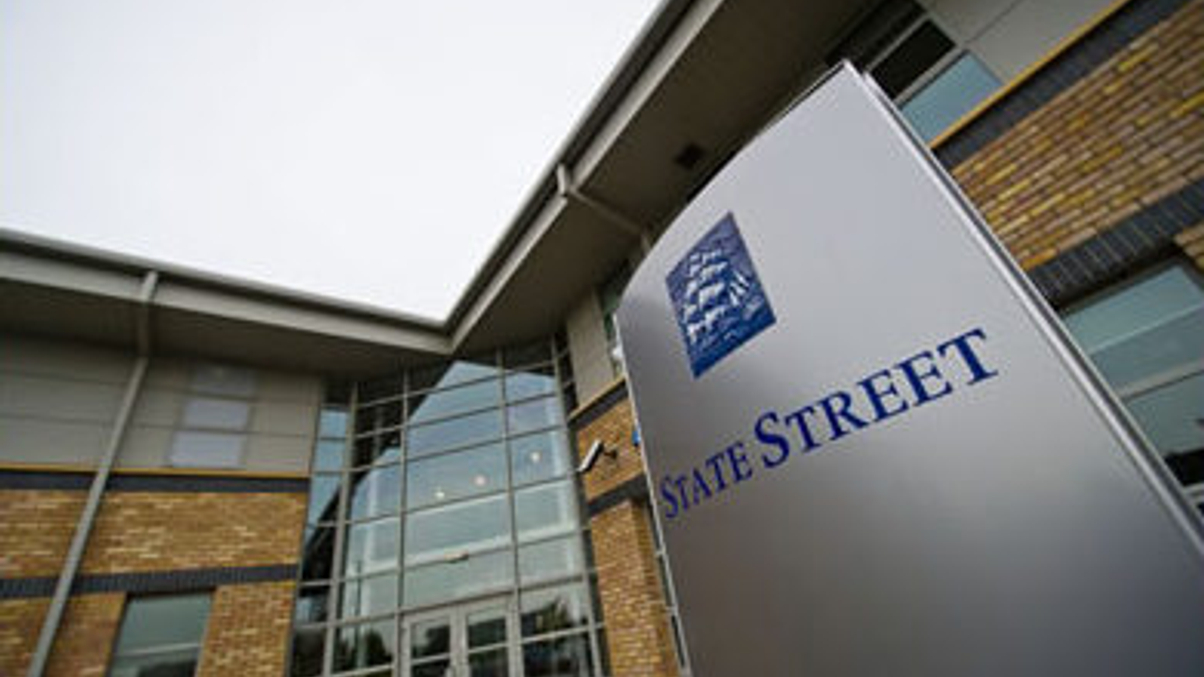Questions raised over tie-up between E Fund and SSGA
China's E Fund and US asset manager State Street Global Advisors have signed a partnership on product development. But how will it really benefit each of them?

The new tie-up between Boston-based State Street Global Advisors and China’s E Fund Management sounds like an important deal. After all, it links the third biggest fund house by assets in each of the world’s two biggest economies. But some have raised questions about the extent to which the partnership will benefit each firm.
Sign in to read on!
Registered users get 2 free articles in 30 days.
Subscribers have full unlimited access to AsianInvestor
Not signed up? New users get 2 free articles per month, plus a 7-day unlimited free trial.
¬ Haymarket Media Limited. All rights reserved.


